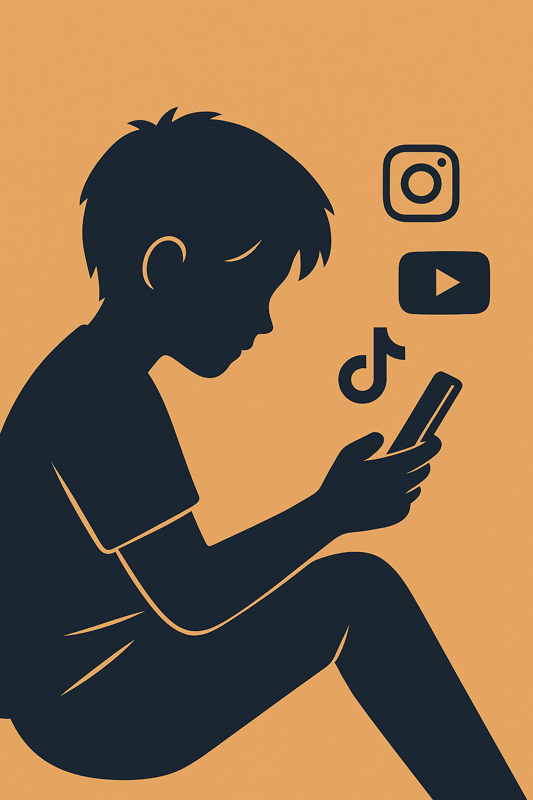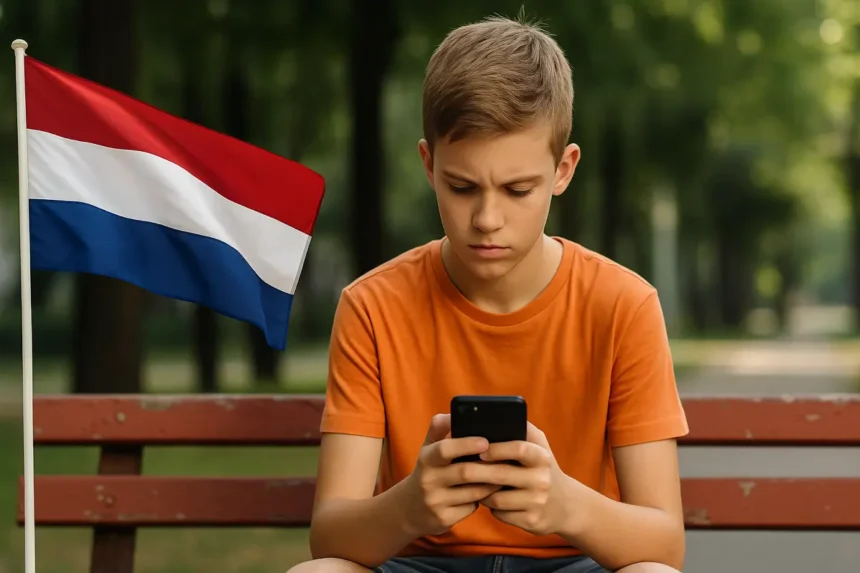The Dutch government advises that children under 15 should refrain from using social media platforms such as TikTok and Instagram. This recommendation comes amid rising concerns over social media’s impact on youth’s mental and physical health. The move encourages parents to limit screen time and promote healthier habits to support children’s well-being and digital skills.
What’s Happening & Why This Matters
The Netherlands’ Ministry of Health warns that children under 15 face risks like panic attacks, depression, and sleep problems from heavy social media use. These platforms, designed with addictive features, can affect young users’ psychological resilience.
Vincent Karremans, the Deputy Minister for Youth and Sport, wrote to the Dutch Parliament, emphasizing the need for children to develop digital resilience and media literacy before fully engaging on social media. His letter urges parents to keep devices out of children’s bedrooms and balance 20 minutes of screen time with at least two hours of outdoor play.

While platforms such as TikTok and Instagram set a minimum user age of 13, the Dutch guidelines are not legally binding but reflect a growing level of caution. The government draws a clear line between “social media” sites, which are more addictive, and “social interaction platforms” like WhatsApp and Signal, which can be used from age 13 as children begin secondary school.
The Netherlands joins Australia, which banned social media use for under-16s, and follows recommendations from countries like Denmark, France, and Sweden to restrict young children’s screen exposure.
Research commissioned by the Dutch Parliament confirms that intense screen time and social media use can cause physical and mental health challenges in children. In response, many Dutch schools have banned devices such as tablets, phones, and smartwatches during lessons, except for media literacy courses.
The urgency of the issue gained further attention when around 1,400 Dutch doctors and child welfare experts publicly called for banning cell phones for children under 14 and restricting social media until 16.
Even Dutch Queen Máxima highlighted concerns after her daughter, Princess Ariane, developed eyesight problems linked to excessive mobile use.
These measures reflect a growing international effort to protect children’s mental health while balancing digital inclusion and education.
TF Summary: What’s Next
The Dutch government’s advice to limit social media use for children under 15 reflects increasing awareness of mental health risks. As other countries consider similar steps, parents, schools, and policymakers face the challenge of guiding healthy digital habits.
Building digital resilience and media literacy remains crucial. Balancing screen time with outdoor activity supports children’s overall well-being as they grow into digital citizens.
— Text-to-Speech (TTS) provided by gspeech


